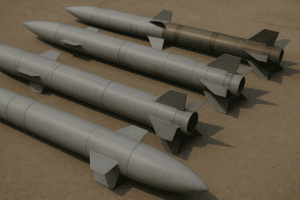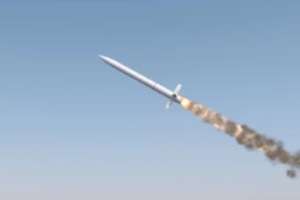Israel has launched a direct strike on Iran, significantly escalating tensions in the Middle East. The development has already rattled financial markets, with the FTSE 100 experiencing a notable drop and sterling weakening against the dollar as investors react to the heightened geopolitical risk.
The reported Israeli airstrikes—launched in the early hours following an alleged Iranian drone threat—represent a sharp escalation in what had already been a volatile regional situation. While full details of the military engagement remain unclear, early indicators suggest that the incident could trigger retaliatory measures and provoke wider regional instability.
From a defence procurement perspective, the implications are considerable. Analysts suggest this escalation could reshape strategic alliances, fast-track military spending across NATO and Gulf states, and renew focus on supply chain resilience for critical components. Furthermore, increased demand is likely for missile defence systems, unmanned aerial vehicles (UAVs), and electronic warfare (EW) solutions, as governments reassess their air defence capabilities.
Markets responded with sharp movements: the FTSE 100 slipped over 1%, and safe-haven assets like gold and oil surged, signalling concern over supply disruption and conflict contagion. Defence stocks, however, were among the few to post gains, with aerospace and missile technology providers seeing investor interest rise.
The UK Ministry of Defence has not yet issued a formal response, though it is understood that officials are monitoring the situation closely. With key Royal Navy assets already deployed in the eastern Mediterranean as part of ongoing regional exercises, questions are emerging over potential operational recalibrations.





